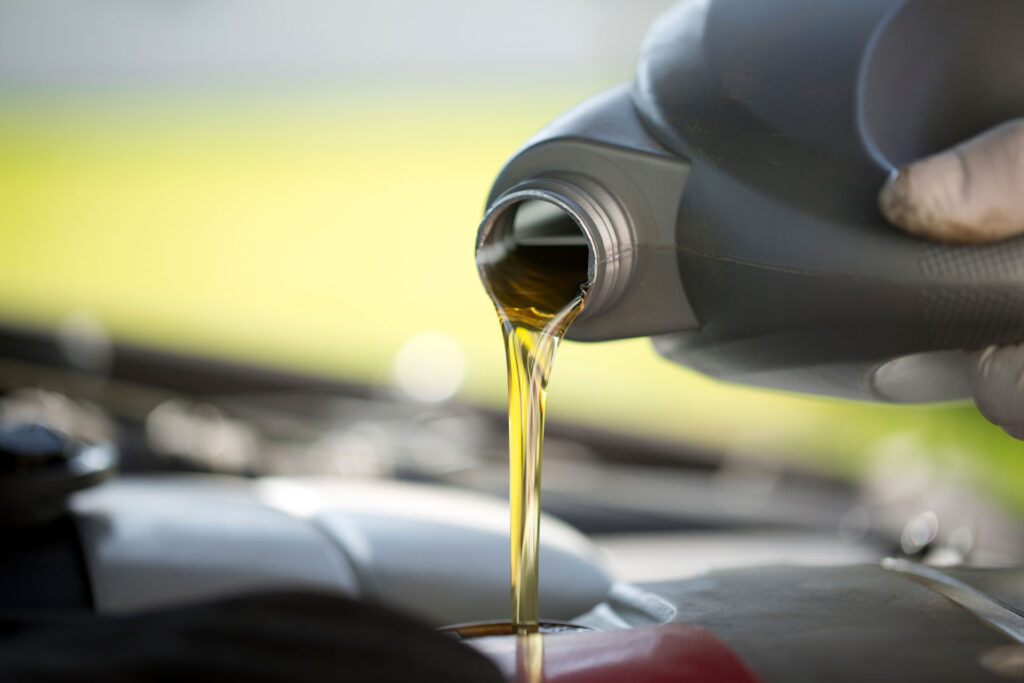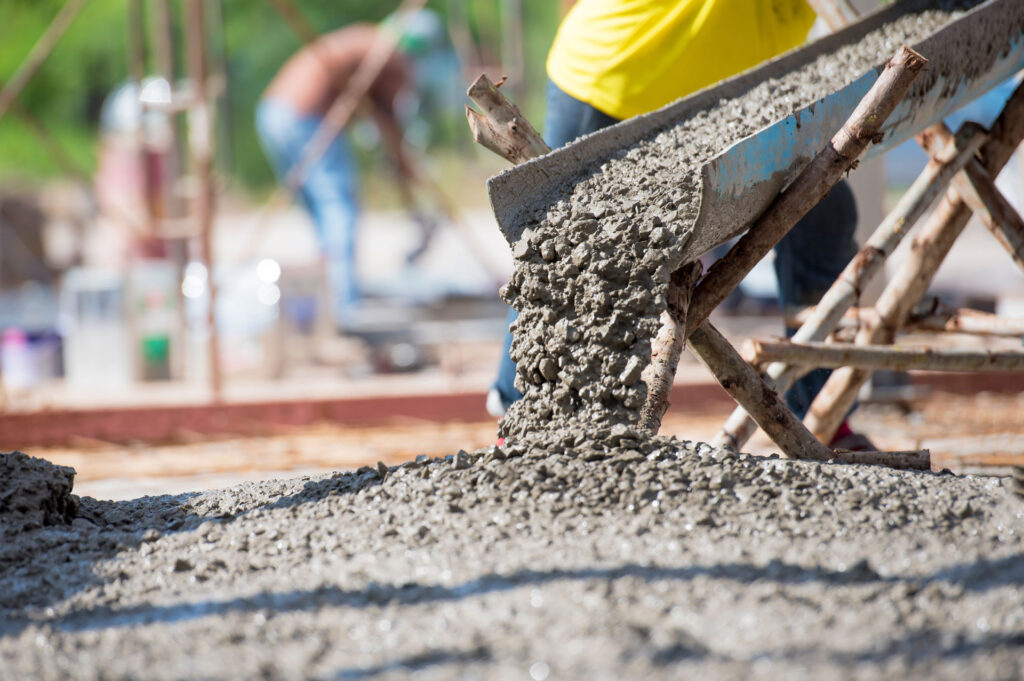Regular spilled milk is nothing to cry over – it’s merely a spill that needs to be cleaned up. If milk goes sour, its destructive capabilities on all surfaces increases. Granted, this is not a big concern for our residential clients, where a spill is occasional and usually cleaned up quickly. For places like processing plants, however, spilled milk that sours is much more likely. Why is sour milk a risk to the security of floors, especially if they’re concrete?
It’s All About the Acid
When milk spoils it actually ferments. Bacteria break down lactose in the milk, turning it to lactic acid (and sometimes alcohol). While this process is often used to create yogurt, cheese, and other dairy products, allowing the process to continue in milk increases the acidic content. With enough time, its corrosive abilities can compromise the integrity of concrete. For places that store or process milk in large quantities, protecting structural concrete from repeated spills or prolonged exposure is important.
Epoxy coatings are formulated to resist corrosive materials and acids. Not only do epoxy coatings protect your concrete from lactic acid, but they provide a seamless barrier so that mold and bacterial colonies cannot hide in cracks or crevices. In fact, adding coved flooring extends epoxy coatings beyond the floors and onto the base of your walls, protecting the juncture where they meet from spills, scrapes, or collisions. Adding a non-slip coating to epoxy provides an increased grip, even in wet environments.
Epoxy coatings protect your concrete not only from lactic acid, but from other corrosive materials as well. As we continue with this series, you’ll likely be impressed with the range of protection you receive with epoxy coatings. To find out more on how epoxy coatings can protect the concrete floor in your facility, Nevada Custom Coatings is happy to provide further information. Simply call us at (775) 772-8787 or use our online form to schedule a free consultation.


